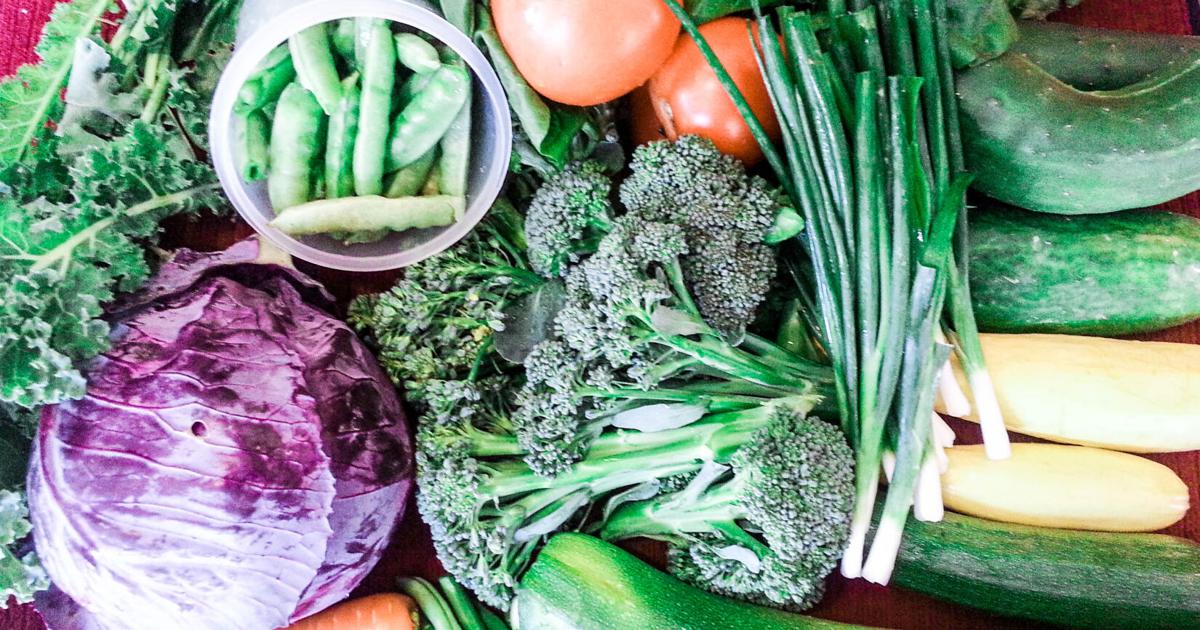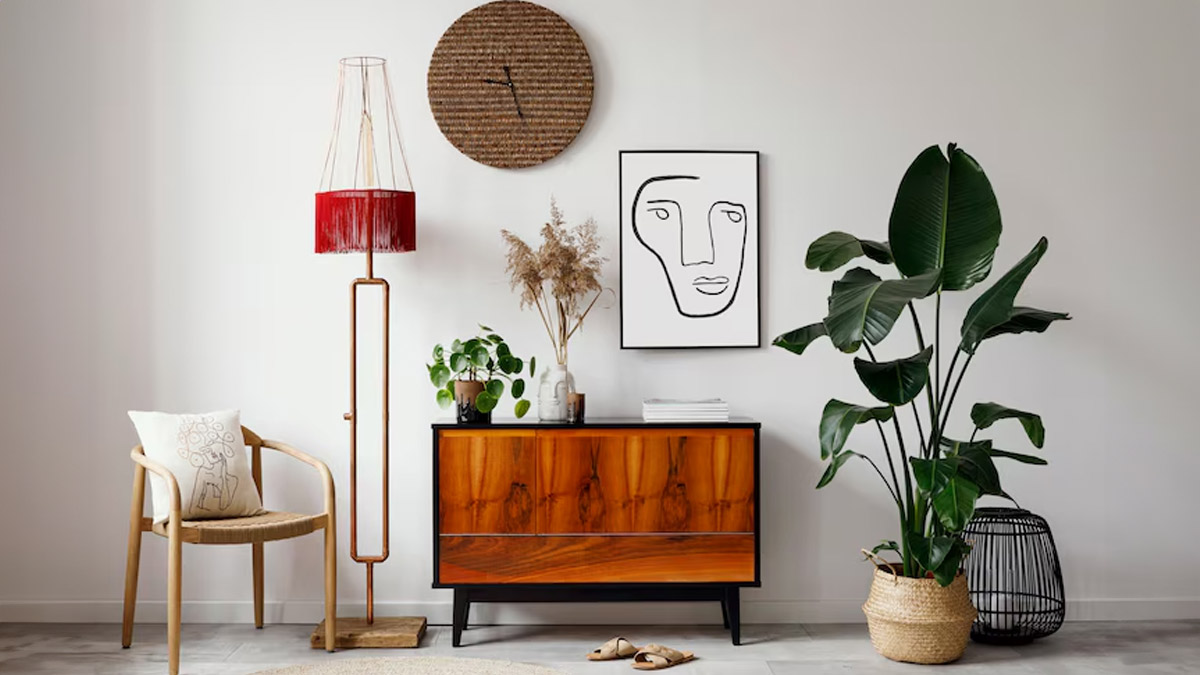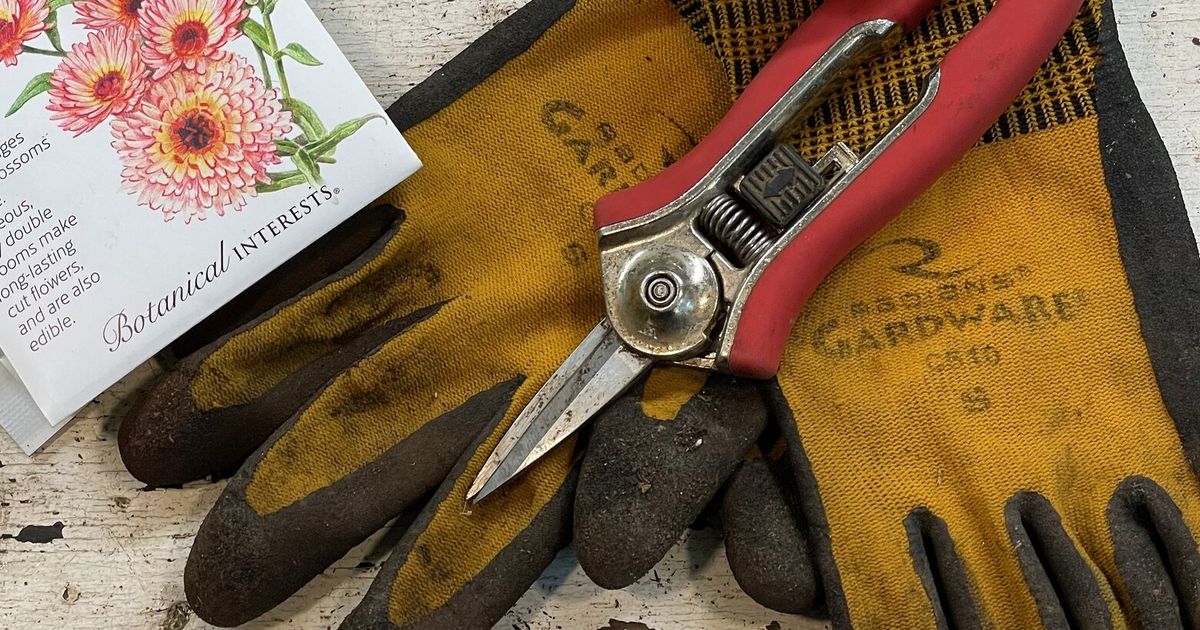WHAT ARE WE really talking about when we talk about gardening?
My friend Scott Beuerlein, a horticulturist at the Cincinnati Zoo & Botanical Garden, says, “Animals and plants [are] the story of life on Earth.” Our gardens offer a way toward understanding that story and provide us with a collective opportunity to counter the seismic shifts taking place in the natural world, including climate change, habitat loss and vanishing biodiversity.
Gardens are grounding. They tell us where we are on the planet as well as where we are in the year. A quick stroll around my garden in early January tells me I’m in a (very) damp northern region. I’m grateful for the glowing twig dogwood (Cornus sanguinea ‘Midwinter Fire’) that carries its own light during these dark months. Scouting the first hellebore bloom is an annual treasure hunt.
We gardeners are faithful. It takes discipline to show up for routine maintenance again and again, monitoring pests, watering and putting away the hose — I hate putting away the hose. When an unexpected deep freeze or a bizarre heat dome lays waste to our favorite plants, we learn to be nimble.
And let’s not forget physical labor — so much physical labor. Last fall, my husband and I spent some very long days emptying a couple of agricultural troughs in the back garden, where drainage holes had clogged, turning my productive raised beds into a swamp of anaerobic goo. There must be an equation to figure out the volume of a cylinder that’s 4 feet in diameter and 2 feet deep — all I know is, it’s a lot.
What drives a gardener to work so hard, to face failure, dig in and begin again? Every growing season teaches us a bit more about all that we still don’t know. Some years, cultivating humility and resilience is my greatest takeaway — tomatoes and zinnias, not so much.
“Cultivating Place: Conversations on Natural History & the Human Impulse to Garden” is a weekly public radio program and podcast created and hosted by my friend Jennifer Jewell (cultivatingplace.com). Through thoughtful conversations with growers, gardeners, naturalists, scientists, artists and thinkers, Jewell is expanding and elevating how we talk about gardening, how we insert ourselves into the process, and even what we mean when we talk about “gardening.”
After nine years and nearly 500 episodes, Jewell believes that when we garden intentionally with joy and attention, combined with respect for eco-friendly best practices, “We grow ourselves as people, and we grow our communities in myriad ways.” She continues, “When I use the word ‘Gardener” (please note the capital G), I mean a person who tends to their plots for the betterment of humans, plants and place. That is what I talk about when I talk about gardening.”
As the holidays dim, we’re still looking down the barrel of several dark months. This is the perfect time to explore, question and investigate what it means to be a gardener from the cozy comfort of indoors. As you’re making seed lists and sketching plans for the coming growing season, make time to revisit your favorite garden titles. I recommend “Nature’s Best Hope” by Douglas Tallamy and “The Well Gardened Mind” by Sue Stuart Smith. You’ll find “Cultivating Place” wherever you get your podcasts.
Whatever came of the last growing season, gardeners approach the new year with hope. Just like last year and the ones before that, I’m watching for the witch hazel to unfurl its shaggy golden blossoms and awaiting the arrival of the first snowdrop. I might be planting sweet peas, but I’m growing myself.









